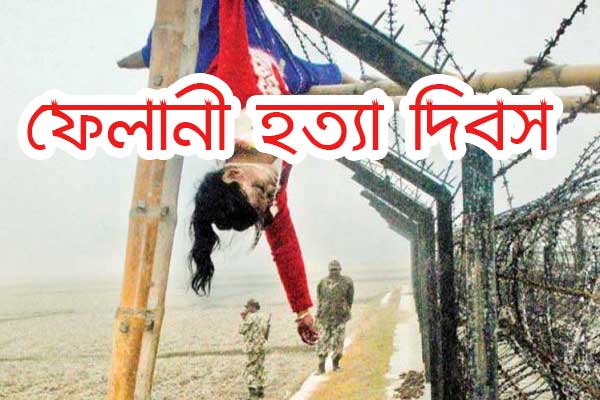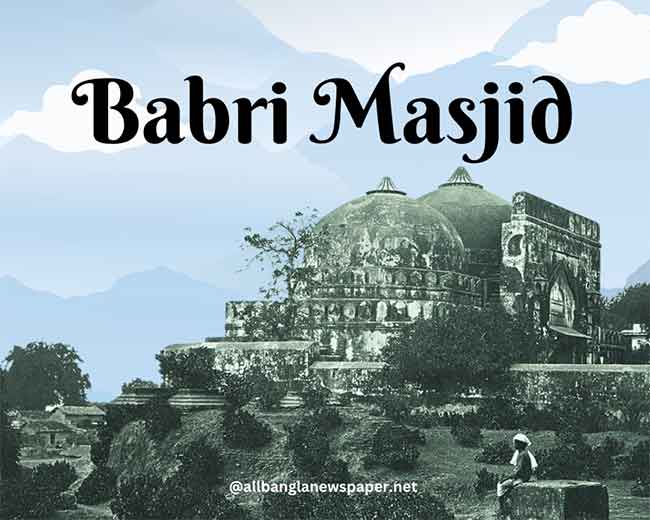
The tragic incident of Felani's killing on the Bangladesh-India border marks a dark chapter in the history of border conflicts. Teenage girl Felani Killing Day stands as a haunting reminder of the dangers faced by civilians living near contentious border regions. On January 7, 2011, a young Bangladeshi girl named Felani Khatun, only 15 years old, lost her life under disturbing circumstances while attempting to cross the border into India. The incident sparked national outrage, and the repercussions of the killing continue to echo in Bangladesh and India's diplomatic relations.
Felani's tragic death was not just another border killing; it became a symbol of the unresolved tensions and violent encounters that occur far too often along the Bangladesh-India border. While her death focused the spotlight on human rights violations and military conduct, it also brought attention to the broader issue of border killings that continue to claim innocent lives.
The Felani Killing Incident
Felani was shot by a Border Security Force (BSF) personnel while she was attempting to cross the barbed-wire fence that separates Bangladesh and India. It was reported that Felani and her father were trying to cross the border in search of a better life in India. Her father, carrying her on his shoulders, managed to escape, but Felani was trapped. As she cried out for help, she was shot by an Indian BSF soldier. The horrifying part of this tragedy was the fact that Felani's body hung on the border fence for hours, visible to both sides, as she lay lifeless.
The scene, captured by a photographer, went viral, creating an international outcry over the treatment of civilians by BSF officers. Felani's death highlighted a pattern of excessive use of force, leading to widespread criticism of the Indian Border Security Force's actions. The day of the killing became known as "Felani Killing Day" in Bangladesh, a painful commemoration of the injustice that she faced.
The Aftermath and Investigation
Following Felani's death, the incident prompted both outrage and a call for justice in Bangladesh. However, the legal proceedings surrounding the case highlighted the often-difficult process of holding border security forces accountable. Even though Felani's killing was captured on camera, the BSF's internal investigation initially resulted in the acquittal of the soldier involved. It wasn't until much later, after mounting pressure from human rights organizations, that the Indian authorities eventually took action.
The BSF Director General, who was questioned regarding the incident, insisted that the officer's actions were within the rules of engagement. However, the ongoing tension between Bangladesh and India over border killings, such as the one that claimed Felani's life, suggests a larger issue of systemic violence at these borders.
Bangladesh-India Border Killing Disputes
The Bangladesh and India dispute over border killings has been a longstanding issue. Border killings are not isolated incidents; they are part of a troubling pattern that has persisted for years. From the Bangladeshi killed by BSF to the deaths of many individuals who have died in similar circumstances, the border remains a flashpoint for violence. Each year, reports continue to surface of civilians being shot or assaulted by border guards, with little legal recourse for the victims' families.
The reasons behind these killings are complex, ranging from issues related to smuggling, immigration, and territorial disputes. In some cases, the border forces claim that they acted in self-defense or to prevent illegal activities, but the lack of transparency and accountability leaves many questions unanswered. These unresolved issues contribute to the ongoing tension between the two countries, further complicating their diplomatic relations.
The Role of the BSF and Accountability
One of the key institutions involved in the killing of Felani was the Border Security Force (BSF), which is tasked with safeguarding India's border. The BSF, often accused of excessive force and human rights violations, has long been a subject of controversy in Bangladesh, particularly when it comes to the killing of unarmed civilians. The BSF killing of innocent Bangladeshis has become a recurring issue in bilateral discussions between India and Bangladesh, though no long-term solution has been reached.
The accountability of BSF personnel in these incidents remains a major concern. Despite international calls for justice, many of the soldiers involved in border killings have not faced any significant consequences. This lack of accountability has only fueled the perception that border guards operate with impunity, making the border region a dangerous place for civilians.
Bangladesh Girl Killed: The Larger Picture
Felani's death was not an isolated case. Bangladesh girls killed or harmed during border crossings have been a common tragedy in this area. The border has seen numerous such instances where women, often young girls, have lost their lives while attempting to move between the two countries. The lack of safety and protection for these vulnerable individuals highlights the need for stricter regulations and stronger protection mechanisms in border areas.
Felani's death, however, stands out due to its media exposure, which led to widespread public awareness about the dangers facing civilians in these border regions. The image of Felani's body hanging on the fence was a stark symbol of the inhumanity of the incident, creating an image that still lingers in the public's memory.
Border Killing in the World: A Global Issue
Unfortunately, border killing in the world is not unique to the Bangladesh-India border. Similar incidents have occurred in various border regions around the world. Whether it's the Mexican-American border or the heavily militarized zones between Israel and Palestine, border killings are a common but often overlooked human rights violation. These incidents raise questions about the ethical responsibilities of border security forces and the treatment of civilians who are caught in the crossfire of political and territorial disputes.
Felani's case serves as a tragic reminder that border violence is a global issue that must be addressed through diplomacy, international law, and stronger human rights protections. By shedding light on these incidents, the international community can hopefully foster a broader understanding of the human cost of border conflicts and work toward solutions that prioritize the safety and dignity of civilians.
The Babri Masjid A Symbol of Faith and Controversy
It is impossible to ignore the broader context of religious and political tensions in the South Asian region when discussing border killings. The Babri Masjid, a mosque that became a focal point of faith and controversy in India, is a potent symbol of these tensions. The violent demolition of the mosque in 1992 led to widespread riots and a deepening divide between Hindu and Muslim communities in India.
In many ways, the tragic killing of Felani can be seen as a reflection of this larger climate of distrust and conflict. As religious and territorial disputes continue to impact India's relationships with its neighbors, incidents like Felani's death serve as painful reminders of the consequences of these tensions. While Felani's case itself is not directly related to the Babri Masjid issue, both events illustrate how political conflicts can have deadly consequences for innocent civilians.
The Need for a Diplomatic Solution
The tragic events surrounding Felani Killing Day underscore the need for a diplomatic resolution to the ongoing border tensions between Bangladesh and India. While both countries have made progress in areas like trade and cooperation, issues such as border killings remain a contentious and unresolved problem. Human rights organizations and governments must work together to create an environment where civilians on both sides of the border can cross safely and peacefully.
Diplomatic discussions should focus on improving border security measures while ensuring that the rights of innocent civilians are respected. The introduction of a transparent and accountable system for dealing with incidents like Felani's killing is essential for reducing border violence and improving relations between Bangladesh and India. Furthermore, international organizations could play a pivotal role in mediating and ensuring that any agreements reached are fair and humane.
Conclusion
The story of Teenage girl Felani Killing Day is one of immense tragedy, loss, and unresolved tension. Felani's death has become a powerful symbol of the larger issue of border killings, shedding light on the dangers civilians face when caught in political and territorial disputes. While the killing of Felani sparked outrage, it also prompted greater awareness of the need for reform and accountability in border security practices.
As the world continues to grapple with similar incidents in different parts of the globe, it is clear that solutions will require diplomatic cooperation, human rights protections, and a commitment to ending the violence that devastates innocent lives. Only then can the tragic memory of Felani's death serve as a turning point in the fight for a peaceful, secure, and just world.




